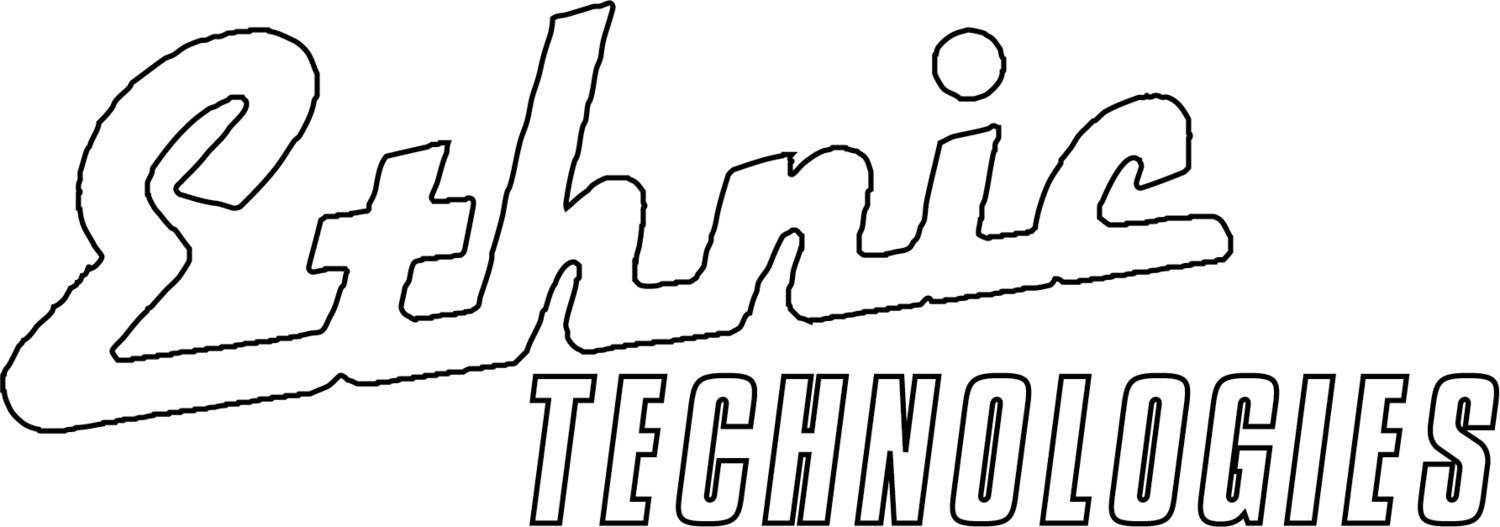Written by Amy Franz
How does Ramon Ignacio identify? It depends.
Ramon is the Catalan version of the name Raymond, which has deep Germanic origins. Centuries ago, Ramon was once Raginmund, whose components means “advice” (ragin) and “protector” (mund). The Normans introduced the name to England, and it was consequently spread throughout other corners of the world, changing form over time.
The Spanish Ramon has never seen quite the amount of attention as its more widely-used counterpart, Raymond. However, Ramon has consistently made popular baby name lists since 1880. That means the name has been in the top 1,000 for over one hundred years. Though the usage of the name is on a decline, it reached its peak in 1930 as the 183rd most popular name.
While Ramon has always maintained high usage among Spanish-speakers, it’s also used by Filipinos. Filipinos use the name Ramon, and Spanish names in general, because of nearly three centuries of Spanish colonialism in the Philippines during which Filipinos were forced to adopt Spanish naming conventions and, in part, Spanish names.
Ignacio, like Ramon, is a Spanish name, though it’s not Germanic in origin. Rather, Ignacio stems from Egnatius, a Roman family name. As a first name, Ignacio grew in usage thanks to Saint Ignatius of Loyola, who founded the Jesuit society. Ignacio, like Ramon, is used by both Hispanics and Filipinos. Ignacio is another example of how Spanish colonialism imparted their names into Filipino culture. According to the United States Census, people with the surname Ignacio report as 57.9% Asian/Pacific Islander and 26.8% Hispanic.
When coming to a conclusion of a predicted ethnicity of someone named Ramon Ignacio, understanding who uses these names is half the work. Since both parts of this name are shared by the same two groups, the ethnic prediction has already been narrowed down to two possibilities: Hispanic and Filipino. To get a fuller understanding of how Ramon Ignacio identifies, looking to where he lives is a helpful hint.
In Reading, Pennsylvania, Ramon Ignacio has a higher chance of being Hispanic because 58% of Reading’s residents claim to be Hispanic, versus the small 1.2% that claim Asian ancestry. Nearly 3,000 miles away in San Diego, California, the ethnic prediction of the same name would be Filipino. While California is a highly Hispanic state, in a Filipino neighborhood, the demographic makeup would be influential enough to predict Ramon Ignacio to be Filipino.
It’s fascinating when first names and surnames are shared cross-culturally, especially in the case of Ramon Ignacio, where both parts of the name are shared between the same two ethnicities. This swiftly narrows down how the individual identifies. With a little help from geography, we can get a more thorough understanding of who exactly Ramon Ignacio is.


